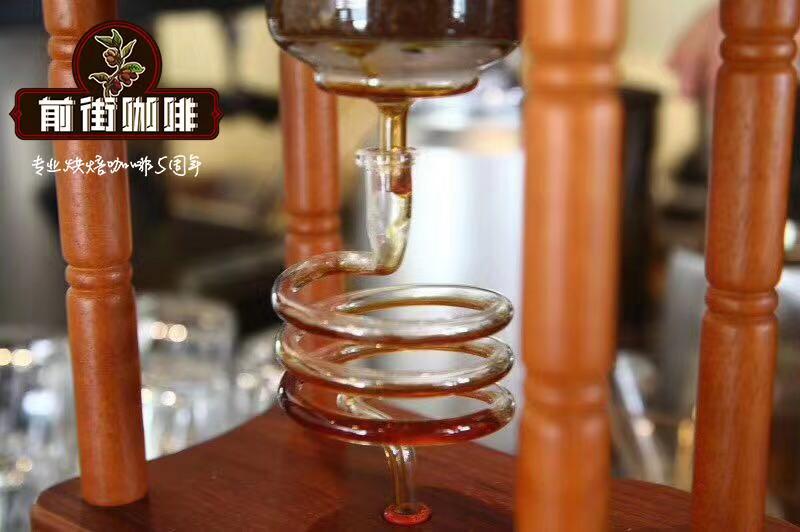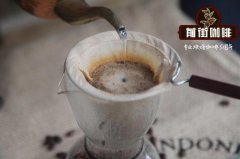How many cups of coffee do Japanese people drink a day? since when do Japanese start drinking coffee?

Professional coffee knowledge exchange more coffee bean information please follow the coffee workshop (Wechat official account cafe_style)
Coffee has long infiltrated into Japanese life and become an indispensable part. If you browse in Tokyo and other big cities, you will find that Japan's coffee industry has been so developed that it is at the forefront of the world and does not look like an oriental country at all. However, coffee is also very important to modern people. Drinking coffee in Japan is a fashionable life.
Daily sales of coffee in Japan
It is said that the Japanese began to come into contact with coffee more than 400 years ago, and the earliest beans were brought by Dutch businessmen. But coffee culture really blossomed in Japan, starting from the import of coffee from Kobe Port in 1868. The first coffee shop in Tokyo opened in 1888. By the 1930s, there were more than 3,000 coffee shops in Tokyo alone. Although imports of Japanese coffee beans were suspended during World War II, the war ended, and by the 1960s, there were 160000 coffee shops in Japan.
Japan has a rich coffee culture. As far as coffee shops are concerned, they can be roughly divided into three categories: traditional independent coffee shops, a new generation of coffee shops that focus on Italian coffee, and coffee trend shops that have come from the United States and opened in Tokyo, such as Blue Bottle. The so-called "third wave of coffee" represents coffee shops.
According to the statistics of the Japan Coffee Association, the average Japanese drink 1.6 cups of coffee a day. The average Chinese drink 0.45 cups of coffee a year. Different from other coffee-consuming countries, the Japanese have a great characteristic of drinking coffee, that is, there is a lot of canned coffee! Whether it's convenience stores or vending machines, there are a lot of canned coffee of all brands!
Why is Japan, with a thriving coffee culture, so fond of this industrial mass-produced coffee? In Japan, local people have the impression that canned coffee is cheap and convenient. The average is about 130 yen, which is equivalent to about seven or eight yuan, so it is very popular with students and office workers.
The beginning year of Japanese coffee culture
Coffee first entered Japan in 1877. Coffee entered Japan through the port of Nagasaki around the Edo period, when it was used not as a drink, but as a drug to treat edema. The policy of locking up the country in the Edo era made people unaccustomed to the taste of coffee, a new drink.
In 1888, the first real cafe, the "can you teahouse" called a teahouse in Japanese, opened in Ueno, Tokyo. The real popularity is that since the middle of Meiji, coffee has become the best carrier of thought after leaving Asia and entering Europe. Scholars such as Moriko Mori, Shigeki Kitahara, Woodpecker Ishikawa, Kwangtaro Kuroda, Haruo Sato, and Hefeng Nagai meet each month at the "Hung Nest" set up in 1910 in Ohashi, Japan. There you can taste French cuisine and foreign wine, and coffee is also authentic French deep-roasted coffee. Hong's Nest is like a literati's social field, and cafes have become an integral part of the salon culture that emerged in the Meiji period.
Today, Japan's coffee consumption ranks third in the world. Note: it is not the third per capita, but the third in the world. The first is the United States, a giant, which consumes nearly 1/3 of the world's coffee production, and the second is Germany. Japan controls 90% of Jamaica's Blue Mountain Coffee. In a word, Blue Mountain was bought out by Japan.
END
Important Notice :
前街咖啡 FrontStreet Coffee has moved to new addredd:
FrontStreet Coffee Address: 315,Donghua East Road,GuangZhou
Tel:020 38364473
- Prev

Do you know why Japanese coffee culture is unique? why Japanese coffee is so good?
Professional coffee knowledge exchange more coffee bean information please follow the coffee workshop (Wechat official account cafe_style) talking about the coffee territory of the world today, Japan is a country that has to be mentioned, although it does not produce a single coffee bean, nor is it like Italy or the United States for 30 years, it took Japan centuries to develop its own unique coffee culture.
- Next

Instant coffee how to make iced coffee tips _ instant coffee how to make iced American coffee?
Professional coffee knowledge exchange more coffee bean information please follow the coffee workshop (Wechat official account cafe_style) iced coffee how to taste good? more than 100 years ago in the United States, some people did a lot of publicity to promote summer coffee sales so that iced coffee began to popularity. There is such a scene in the movie Roman Holiday, where a journalist starring Gregory Parker orders a Cold cof.
Related
- Beginners will see the "Coffee pull flower" guide!
- What is the difference between ice blog purified milk and ordinary milk coffee?
- Why is the Philippines the largest producer of crops in Liberia?
- For coffee extraction, should the fine powder be retained?
- How does extracted espresso fill pressed powder? How much strength does it take to press the powder?
- How to make jasmine cold extract coffee? Is the jasmine + latte good?
- Will this little toy really make the coffee taste better? How does Lily Drip affect coffee extraction?
- Will the action of slapping the filter cup also affect coffee extraction?
- What's the difference between powder-to-water ratio and powder-to-liquid ratio?
- What is the Ethiopian local species? What does it have to do with Heirloom native species?

